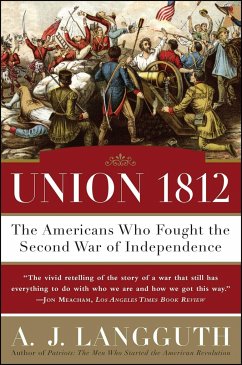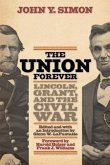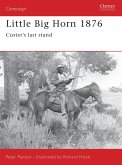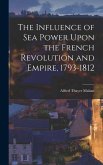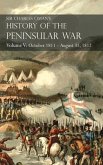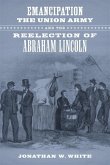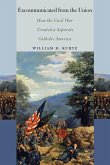By the author of the acclaimed Patriots: The Men Who Started the American Revolution, a gripping narrative that tells the story of the second and final war of independence that secured the nation's independence from Europe and established its claim to the entire continent.
The War of 1812 has been ignored or misunderstood. Union 1812 thrillingly illustrates why it must take its place as one of the defining moments in American history.
The War of 1812 has been ignored or misunderstood. Union 1812 thrillingly illustrates why it must take its place as one of the defining moments in American history.
"We are in Langguth's debt for this vivid retelling of the story of a war that still has everything to do with who we are and how we got this way. Langguth...paints human portraits with skill and grace. Union 1812 is a Plutarchan undertaking, with the larger story of politics and war told through the lives of presidents Washington, Adams, Jefferson and Jackson, the Madisons, and less-known figures such as Zebulon Pike. The book has a lovely narrative pace...Reading Langguth, one is reminded anew of how relevant and resonant the past can be." Jon Meacham, Los Angeles Times Book Review

